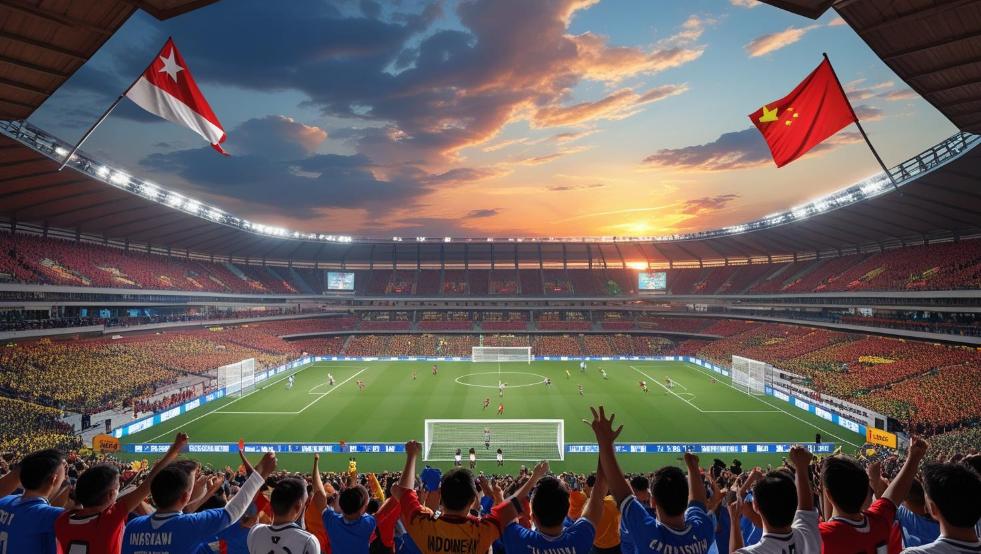
Sports are esteemed around the world for the entertainment they offer. However, one can also learn important lessons beyond the pitch. One of the most intense and recurring rivalries that has captivated Southeast Asia is the Indonesia vs China soccer rivalry.
Beyond the goals and the scoreline, fans can learn a great deal about education because of the gameplay, strategy, and development that occur during each match. In this article, I will elaborate on four meaningful lessons that can be learned from this historic soccer duel—lessons that can be applied in academia, decision-making, or even in day-to-day activities.
1. The Importance of Goals and Preparations
Every game, there is a month—sometimes even years’ worth of planning that goes into scrupulous training, analyzing, and strategizing for each game. To exacerbate the situation, both teams employ their own doctors and sports psychologists to formulate their game strategies.
These professionals assist in creating a customized game plan that addresses each player’s weaknesses, drawing from past matches and taking into account the strengths and weaknesses of the opposing team. This illustrates the superiority of long-term preparation over last-minute work in classroom settings.
Whether putting effort into studying for a challenging exam or taking on a career-changing opportunity, spending time planning achieves success, similar to how it happens in sports.
2. Adaptability Under Pressure
One of the factors that makes soccer so captivating is the unpredictable nature of the game. Teams need to make quick decisions to adjust and regain control. In Indonesia vs. China clashes, the last-minute substitutions, strategic pivots, and rapid adjustments used all seem to follow the same loosely defined pattern that determines the outcome of the game.
For learners or professionals, such behavior highlights the importance of the ability to adapt—actually knowing how to change when failure is imminent, rather than sticking to a losing plan time and again.
ALSO READ: 5 Ways Soccer Knowledge Can Boost Your Overseas Gambling Strategy
3. Emotional Intelligence and Team Dynamics
During rivalry matches, when the stakes are higher than usual, the immense pressure coupled with hormonal surges makes it easy for emotions to boil over. However, the top teams always exercise some measure of emotional discipline, which translates into effective communication, group morale, and mutual support even during highly stressful moments.
The aforementioned attributes stem from emotional intelligence. In a collaborative learning or work environment, self-awareness and properly managing other people’s emotions are central to teamwork. The ability to provide calm and supportive leadership under duress is not confined to the soccer field.
4. The Impact of National Pride and Motivation
These games go beyond rivalry; they are milestones of national achievements for Indonesia and China, encapsulating pride. The motivations of players are multifaceted, with winning a competition being one aspect, and the opportunity to represent one’s country being an entirely different reward.
With this kind of identity and purpose, the level of performance that can be unleashed is unimaginable. Even in education and self-improvement, the alignment of values fused with an authentic purpose framework is highly energizing and immensely propulsive in one’s motivation, even in the face of challenges.
Conclusion
The spectacle of rivalry, Indo versus China, is not merely an exhibition of raw sports skill; it is a living resort of education. With every game, players experience an abundance of strategic insight, adaptive intelligence, emotional boosts, and a sense of national pride in perseverance.
These lessons are applicable to anyone who is prepared to put in the extra effort and delve deeper. From school to work or from career to self-employment, these concepts can enhance one’s attitude toward challenges in life and personal development.


